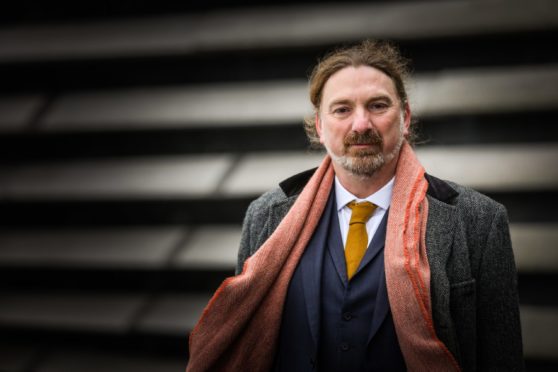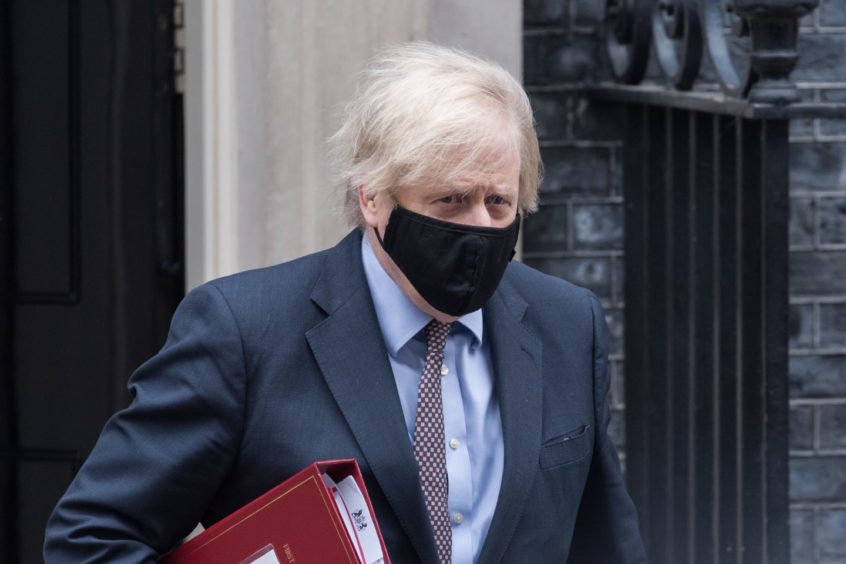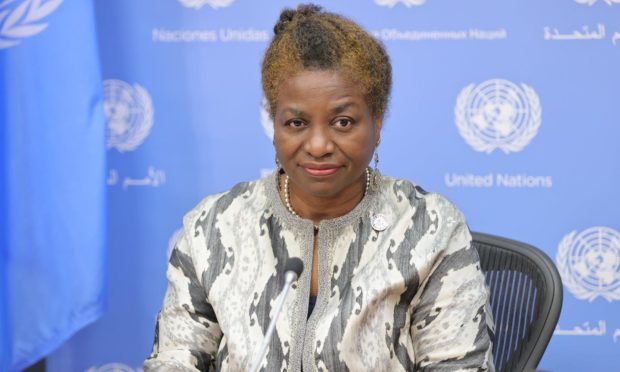Throughout the challenges of the Covid-19 pandemic we have all struggled. It has been mutual compassion, empathy and kindness that has sustained many of us during this tough period.
Sadly, it has been the poorest in our own society that have been hit the hardest and this has been replicated across the globe. The short-sighted decision to reduce the UK’s aid budget will do nothing to aid humanity’s Covid recovery.
Prior to becoming Prime Minister, Boris Johnson did very little to hide his disdain for the UK’s international aid spending. Johnson remarked that the UK could not “keep spending huge sums of British taxpayers’ money as though we were some independent Scandinavian NGO”.
Ignoring the fact that the UK is one of the largest economies in the world with a moral duty to help the world’s poorest and most vulnerable people, and has a national interest in promoting peace and stability, he described Britain’s contributions to these efforts as “inevitable waste” and “shoving money out of the door”.
Decades of progress reversed
Since entering Number 10, he has quickly got to work in reversing decades of progress the UK has made in international development with his characteristic U-turns, broken promises and political opportunism.
When the Integrated Review of Security, Defence, Foreign Policy and Development was announced last February, many feared its outcomes on aid and development had already been determined, and so it was the case.
The review was paused soon after due to Covid-19 yet the Prime Minister followed through on his long-term desire to abolish the Department for International Development in June without any external consultation or evidence-based rationale.
Worries that this would lead to a decrease in aid effectiveness, a politicisation of the aid budget, and a reversal of the legal commitment and Conservative Party manifesto promise to spend 0.7% of GNI on aid were dismissed by the government and its supporters.
Sadly, those fears have become a reality. Under the guise of protecting the Covid-19-ravaged public finances, the Chancellor announced that the UK would reduce its aid commitment from 0.7% to 0.5%.
This was presented as a difficult but necessary decision due to economic circumstances beyond Rishi Sunak’s control, conveniently forgetting the windfall that had been delivered to the defence budget the previous week with Westminster once again putting bombs before bairns.
Devastating cuts
The very nature of the 0.7% commitment means that as the economy contracts, money available for overseas aid is naturally and proportionally reduced. Huge sums of money earmarked for aid has already been lost.
This further, devastating cut from 0.7% to 0.5% is not marginal tinkering of the aid budget, it will be cut by around one-third from £15 billion to £10 billion and this could not come at a worse time.
Just as the pandemic is global, the consequent economic downturn is too.”
No timescale or criteria has been set for a return to 0.7%, only the vague soundbite of “when the fiscal situation allows”.
In the midst of a global pandemic we should be stepping up, not stepping away. It is essential that we support efforts to halt the spread of Covid-19, provide effective treatment, and deliver affordable vaccines in the developing world.
Otherwise the virus will continue to circulate, mutate, and pose a danger to us all and any progress that has been made. No one is safe until everyone is safe.
Just as the pandemic is global, the consequent economic downturn is too. Millions are being pushed into poverty as a result and the UN has already warned that Covid-19 will set back development gains by decades. This cannot be compounded by ruthless reductions in the UK’s aid budget.
Hamper to action on climate change
Efforts to tackle the other key challenge of our time, climate change, will be also be seriously hampered in the year that the UK is due to host COP26.
Climate organisations are warning that the change to aid spending threatens to undermine UK leadership in the climate change negotiations and undermines core aims of COP26 – to increase support for vulnerable countries.
The Perth-made climate change course that’s going global and what COP26 could mean for Tayside
This year should have been about re-establishing the UK as a global player, committed to climate change, poverty eradication, tackling disease and conflict.
Hosting the G7 summit for the first time since 2013, the year that the UK first hit the 0.7% target, should have been an opportunity to reaffirm this commitment and lead those who have yet to achieve it.
Yet the regressive decision will have devastating consequences. What these cuts really mean is 5.6 million fewer children a year being immunised and resulting in 105,000 lives a year being lost, almost one million fewer children a year being supported to gain a decent education and 7.6 million fewer women and girls a year being provided with modern methods of family planning.
This flies in the face of commitments already made by this government.
MPs from all parties should be looking to reaffirm our values rather than be led into voting to balance the books on the backs of the world’s poor.
Boris Johnson’s decision to scrap 0.7% goes against a decades-long cross-party consensus. He has chosen to U-turn on his own manifesto and followed UKIP and the Brexit Party’s promises to cut aid instead.
His appeasement of those on the right exposes the nasty, brutish and short nature of Number 10 and this government.
This decision has once again highlighted the UK’s diminishing role in the world and Boris Johnson’s plans for Global Britain are increasingly starting to look like Little Britain.
The rest of the G7 have recognised their duty to increase aid spending as a result of Covid, and the Scottish Government has reaffirmed its commitment to be a good global citizen.
The SNP have consistently committed to international development projects and support with the limited powers it has – including through a £10 million fund for international development – and we have pledged to increase the aid budget by 50% if re-elected.
Scotland now faces a choice of two futures: a callous Tory government cutting aid for the world’s most vulnerable in the middle of a pandemic or the opportunity to build a fairer future as an independent country that takes its international obligations seriously.
Chris Law is the SNP spokesperson on international development and MP for Dundee West.


